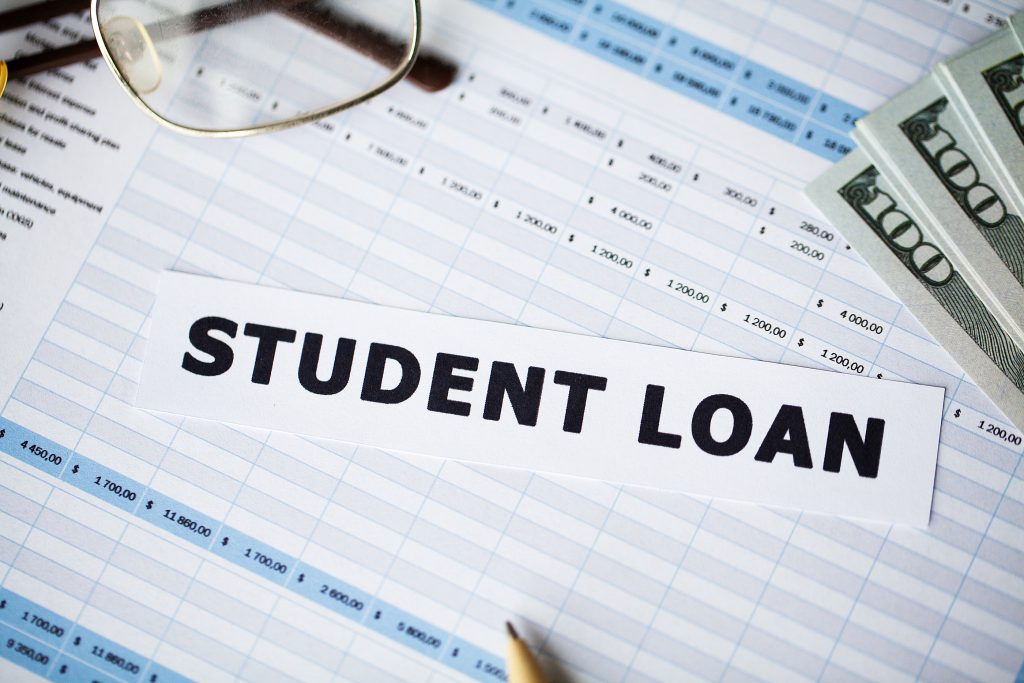
The Trump administration recently introduced budget proposals that could spell the end for Public Service Loan Forgiveness (PSLF). In 2007, the Bush administration signed PSLF into law. PSLF allows eligible federal loan borrowers to receive tax-free loan forgiveness for working in many public sector jobs. The program allows for loan forgiveness after making 120 eligible payments.
You have to meet certain requirements to be eligible for PSLF. Prior blog posts published by our law firm go into more detail on this program and its requirements. You must work within a public sector or nonprofit job that is eligible for PSLF forgiveness. Additionally, you must enroll in an eligible repayment plan.
Borrowers from all walks all life are enrolled in PSLF. If you are a teacher, doctor, lawyer, government official, police officer or nonprofit worker, then you can enroll if you are eligible. Certain professions generally incur large student loan balances. PSLF is a popular choice for doctors, lawyers and teachers and others with advanced degrees. It is not uncommon for attorneys to have student loan balances that exceed $140,000. If Trump’s budget proposal is successful, these borrowers may have to pay their loan balances the old-fashioned way.
PSLF has been a problematic program for the past several years. The Department of Education denied loan forgiveness applications for many borrowers. In fact, only 1 percent of borrowers who applied for forgiveness had their applications accepted by the department. Ending the program would only add to the woes of many individuals who are currently enrolled.
Other Potential Options for Student Loan Forgiveness
You could pursue a few other options for loan forgiveness. We recently published a blog on loan forgiveness options available for certain professions. You may be eligible to receive tax-free loan forgiveness of a portion of your student loan debts if you are a teacher or health care professional who is working in an area with a shortage of educators or health care workers.
Another popular option is to enroll in an income-driven repayment program (IDR plan). The Department of Education offers four IDR plans for borrowers. Your eligibility for enrolling in one of these programs depends on the type of federal loans you carry.
Under the Income-Based Repayment Program (IBR), you could receive loan forgiveness after making 20 to 25 years of payments. However, there is a downside to receiving loan forgiveness through one of these programs. You would have to pay taxes on the amount forgiven at the conclusion of the payment schedule.
Income-driven options are very helpful for borrowers who would otherwise have major issues repaying their loans. These programs cap your monthly payments to a percentage of your discretionary income, typically 10 to 15 percent.
Depending on the circumstances, you could have additional options for student loan forgiveness through more non-traditional means. However, these options are generally more difficult to pursue.
Some student loan borrowers can have their higher education debt discharged in bankruptcy if they can demonstrate repaying the loans would impose an undue hardship. Disabled borrowers or borrowers affected by fraud can also apply for student loan forgiveness under the right circumstances. Unfortunately, the Department of Education has made it more difficult to seek loan forgiveness under these options.
Contact Our Kansas City Student Loan Attorneys
The Kansas City student loan attorneys at Sader Law Firm can help you determine if you qualify for higher education debt forgiveness. We have extensive experience helping student loan borrowers lower payments or discharge debts. In one case, attorney Neil Sader helped a woman receive $250,000 in student loan forgiveness.
You can reach our bankruptcy law firm for a consultation by dialing (816) 561 1818 or by using the contact form on our website.
 Book an
Book an Email
Email Directions
Directions







